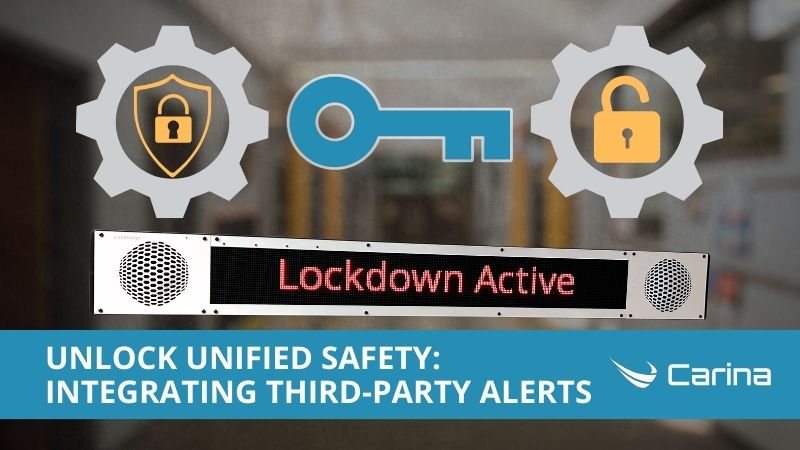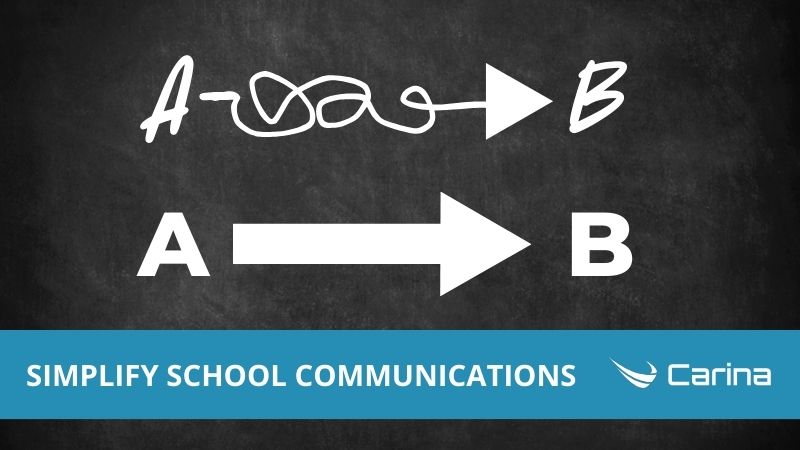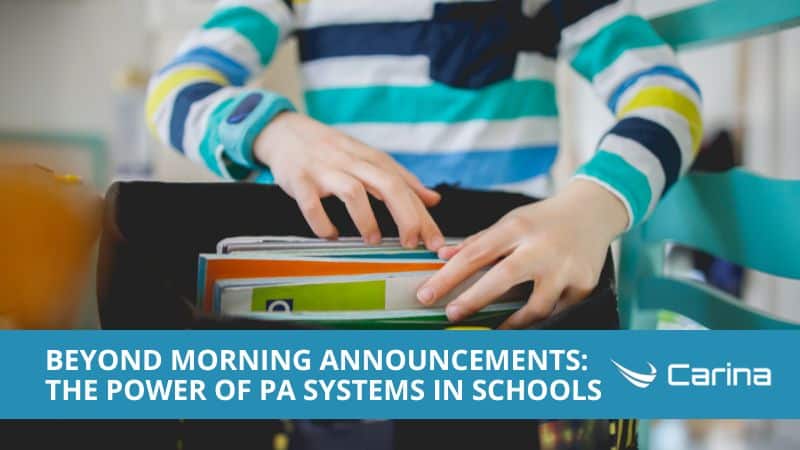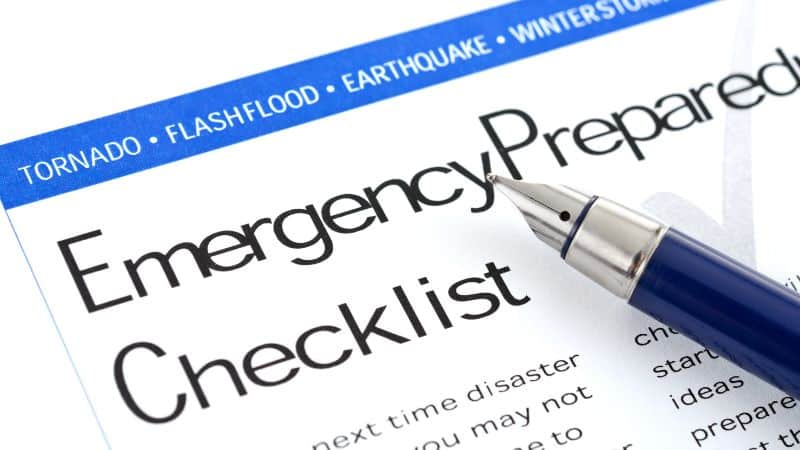A school’s public address (PA) system is an important school communication tool. While historically known for broadcasting morning announcements or events, a modern (digital) PA system serves a broader spectrum of roles.
School boards frequently create specific scripts to be read during emergencies to facilitate clear and consistent communication in crisis situations. These scripts are an essential part of emergency preparedness in educational institutions. While specific scripts can vary based on the nature of the emergency, they typically include vital information such as evacuation procedures, safety instructions, and contact information.
Examples of scripts for various emergencies:
Lockdown (potential intruder or immediate threat):
“Attention all staff and students, we are initiating a lockdown immediately. This is not a drill. Please follow lockdown procedures. Lock all doors, turn off lights, and remain quiet and out of sight. Stay in your location until further notice.”
Severe Weather (e.g., Tornado):
“Attention, we are under a tornado warning. Everyone should move to the designated storm shelter areas immediately. Avoid windows and stay away from exterior walls. Stay in shelter until given the all-clear signal.”
Hazardous Material Spill/Leak:
“Attention, we have a hazardous material situation. For your safety, please evacuate or shelter-in-place as directed. Do not use elevators and avoid the affected area. Await further instructions.”
Power Outage:
“We are currently experiencing a power outage. Remain calm and stay where you are unless directed otherwise. Emergency lighting should activate shortly. We will keep you updated as we learn more.” – Note that Carina:PA system works during power outages when connected to a UPS (Uninterruptible Power Source)
Bomb Threat:
“Attention, we have received a potential threat to the building. Please follow evacuation procedures immediately. Stay calm and exit the building in an orderly manner. Do not use mobile phones or radios until you are a safe distance away.”
While these are general templates, each school or school district may have its specific protocols and wording based on local regulations, the school’s unique layout, and other factors.
With an old analog PA system, a volunteer would read the approved script in the front office (potentially in harm’s way). This process required finding the correct and approved version of the script and then calmly reading the emergency script to the entire school.
With today’s modern digital PA systems, such as Carina:PA, schools can now pre-record their approved scripts and easily trigger the announcement from anywhere.
Here’s a step-by-step video tutorial on how to record and upload your approved script for your school.
Carina:PA is designed to simplify your school’s communication needs, whether it’s managing emergency protocols or orchestrating events. With the above video tutorial, IT administrators, managers and principals can efficiently handle and schedule custom audio, enhancing the safety and ambiance in any environment.
Your local Solutions Advisor is available as a resource to you to discuss your current PA system problems.
How can we help?
Related Posts

Unlock Unified Safety: Integrating Third-Party Alerts
Carina by Wahsega is a true team player, integrating with safety alert systems including Raptor Alert and 3rd party audio alert sources to enhance your school’s communication.

How Schools Save Money with Wahsega’s Exclusive Wiring Reduction Technology
In an era where K-12 schools are often operating on tight budgets, the need for reliable yet cost-effective technology solutions is more pressing than ever. Wahsega’s exclusive wiring reduction technology offers substantial cost savings without compromising the system’s efficiency.

5 Ways to Simplify Your School Communications
From daily announcements to emergency alerts, ensuring clear and efficient communication is crucial for a smooth-running school environment. This article will explore 5 easy ways to simplify school communications using the Carina system.




